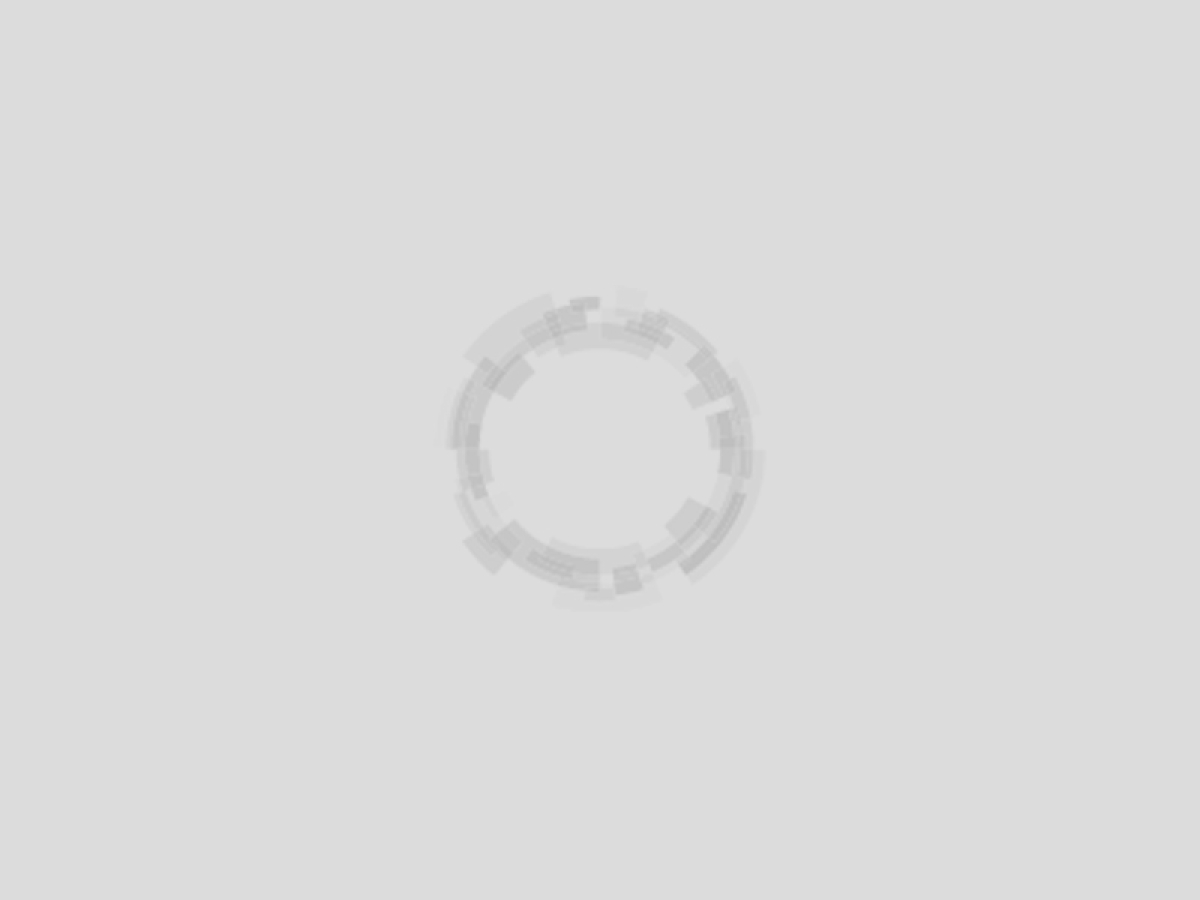
This month at CHKS we carried out an analysis of the 30 most recent CQC care home inspections, because we wanted to establish whether there is a link between having clear systems, process and standards agreed and acted upon and overall organisation performance. We found that when the CQC rated organisations as requiring improvement, the majority did not have the foundations in place to deliver good care and a quality improvement culture.
Even before care homes hit the headlines during the Covid-19 pandemic, there was evidence they were struggling. In 2018, 3,000 of the country's 14,975 care homes were rated either inadequate or needing improvement by the Care Quality Commission. The CQC said the variability in standards of care across the country was "a real concern".
In our analysis of 30 care homes, 15 were rated ‘Inadequate’ or ‘Requires Improvement’. Just over a third of inspections (11 inspections out of 30) raised concerns about a lack of systems, process and standards that are designed to enable staff to do their work effectively and keep residents safe. These include systems and processes around care planning, medicines management and appropriate staff training.
In many of the inspections where care homes were deemed ‘Require improvement’, a lack of standards around keeping up to date records was noted. In one organisation inspectors found the provider was not following its own staff recruitment procedure and the provider's audit system had not always identified all shortfalls in quality and risks to people
using the service. In another, although risks had been identified through the pre-assessment process and care plans were in place to manage the risk, these were not consistently followed in practice. For example, a person was assessed to be at risk of smoking in their bedroom and care records allowed said the lighter should be held by staff. However, the individual being cared for was to hold onto their own lighter.
We know from our work with organisations on the accreditation journey that there is a link between good organisational management, and always looking to improve, which sets the culture. We have found that those organisations offering a supportive, transparent and no blame culture have a clearer path through the accreditation process. We also know that once organisations have been accredited the journey of staff engagement and improvement has in turn improved the culture.
A good example of this is the
Children's Trust, the UK’s leading charity for children with brain injury and neurodisability. Following a Government review into the self-regulation of charities and changes to CQC standards, both in 2015, the organisation knew challenges lay ahead and that big changes would be needed. Introducing accreditation through CHKS enabled it to embed a culture of continuous improvement.
We were therefore not surprised when our analysis also uncovered a link between the CQC inadequate rating and concerns over organisational culture. In some cases there was a lack of communication between staff and management, borne out in a lack of staff morale which was clear to see, not just by those employed at the home but by residents and relatives too.
A change in culture can lead to improved care
We also discovered that where the CQC found improvement was needed, the effectiveness of leadership and management was often called into question. External moderation helps to challenge culture and move away from a mindset which can be entrenched in an organisation. For instance, the Children’s Trust accreditation journey helped to build trust and encourage openness and transparency, ensuring learning from any mistakes. Through the accreditation process the organisation was also able to benchmark itself against a set of globally recognised external standards.
Good organisations begin with good systems and standards
In the analyses where homes were rated ‘Good’, inspectors highlighted good record keeping, audits and governance and clear and robust service policies and clear communication. They also found strong leadership with regular meetings to ensure everyone knew what was expected of them together with a person-centred approach to care.
Improvement starts with systems, processes and standards, enabling everyone to know what they need to be doing to ensure the best of care and everyone working towards the same goals. When we take organisations through their accreditation programme, we often find this ends with an improved culture throughout the organisation - a recognition that the changes they have gone through, no matter how hard, are making a difference and the willingness is there to continue working to ensure those standards are maintained.
Find out more about how CHKS accreditation can help your organisation
here.
This month at CHKS we carried out an analysis of the 30 most recent CQC care home inspections, because we wanted to establish whether there is a link between having clear systems, process and standards agreed and acted upon and overall organisation performance. We found that when the CQC rated organisations as requiring improvement, the majority did not have the foundations in place to deliver good care and a quality improvement culture This month at CHKS we carried out an analysis of the 30 most recent CQC care home inspections, because we wanted to establish whether there is a link between having clear systems, process and standards agreed and acted upon and overall organisation performance. We found that when the CQC rated organisations as requiring improvement, the majority did not have the foundations in place to deliver good care and a quality improvement culture.
This month at CHKS we carried out an analysis of the 30 most recent CQC care home inspections, because we wanted to establish whether there is a link between having clear systems, process and standards agreed and acted upon and overall organisation performance. We found that when the CQC rated organisations as requiring improvement, the majority did not have the foundations in place to deliver good care and a quality improvement culture.